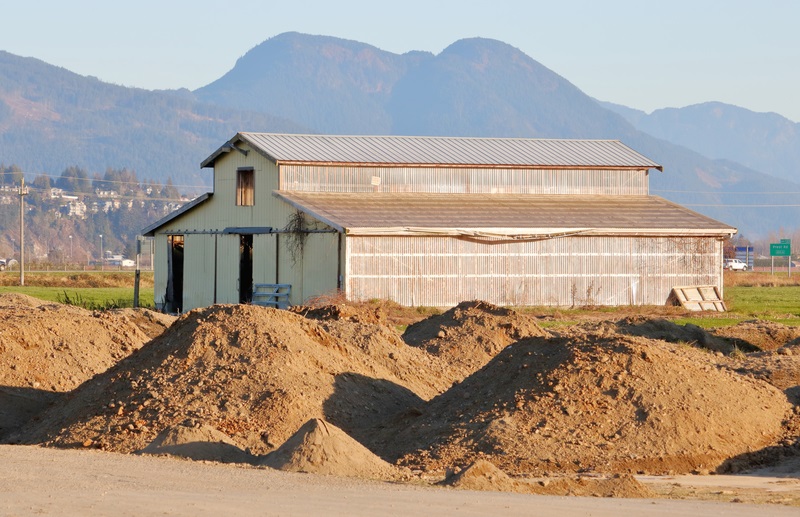The Interstate Land Development Act – Does It Apply to Commercial Developers?
Some laws and statutes develop a "reputation" over the years as applying only to certain industries or activities only because of the manner in which these laws are regularly applied. This can lull some into a false sense of security that certain laws do not apply to them when, in actuality, they do apply. One of these situations is the application of the Interstate Land Development Act (“ILSA”) to commercial development.
ILSA was passed in 1968 in reaction to "swamp land" schemes in which consumers were fleeced by unscrupulous purveyors of useless land. ILSA requires land developers of 100 or more non-exempt lots to file with HUD a "statement of record" and provide each purchaser with a "property report" detailing information about the proposed subdivision. Failure to comply with ILSA can result in a broad range of serious consequences for the errant developer ranging from criminal liability to fines, equitable actions, and civil suits.
Because the majority of ILSA disputes have involved residential developments, some in the commercial real estate development industry may believe erroneously that they need not concern themselves with ILSA. A risky approach to say the least.
ILSA applies to a "developer" who builds a "subdivision." Under ILSA a developer is "any person who directly or indirectly, sells or leases, or offers to sell or lease, or advertises for sale or lease" any lot or condominium in a subdivision. According to HUD, this can include a bank selling foreclosed lots, a corporation reselling lots in an existing subdivision, or an individual reselling lots purchased at a tax sale or auction.
The term "subdivision" is defined under ILSA as "any land that is located in any state or foreign country and is divided or is proposed to be divided into lots/condominiums, whether contiguous or not, for the purpose of sale or lease as part of a common promotional plan."
Included in ILSA, however, are various exemptions. It is up to the developer to make the determination as to whether its project or transaction fits into one of these available exemptions, which include:
- Subdivisions with fewer than 25 lots;
- Subdivisions with fewer than 100 lots, which are exempt from HUD registration requirements, but not ILSA anti-fraud provisions;
- Improved Lots: ILSA does not apply to:
- the sale or lease of land improved with a residential, commercial, condominium, or industrial building that’s physically habitable and useable for its intended purpose; or
- the sale or lease of land under a contract that obligates the seller or lessor to complete the structure within a 2 year period. This could be significant in a commercial lease containing build-out provisions. In such an instance, the lease must obligate the lessor to complete the structure within 2 years and must not allow for non-performance at the discretion of the lessor.
- Industrial or Commercial Developments. ILSA exempts the sale or lease of land zoned for industrial or commercial development provided the project has approved access to a public street; the purchaser/lessor is a business entity and is represented by counsel; the purchaser makes a written affirmation that it is engaged in commercial or industrial business, is not affiliated with the seller and that it is buying the property for its own use or the use of another business that qualifies under the section, and a title policy or opinion has been issued showing that property is vested in the seller, unless otherwise waived by the buyer.
Thus, ILSA can apply in various instances to a commercial development. The penalties for violating ILSA can be severe. For willful violations of ILSA or intentional misstatements in a statement of record, a developer could be subject to a fine by HUD of up to $10,000, five years imprisonment, or both. For knowing or material violations of the Act, HUD may impose a penalty of up to $1,000 per violation, not to exceed $1,000,000 for any one year period. HUD may also seek injunctive relief against a developer preventing its operation in violation of ILSA. A purchaser or lessor also has remedies at law or equity against an errant developer, including contract revocation.
Given the serious consequences that can flow from an ILSA violation it is incumbent upon commercial developers to become familiar with ILSA so as to ensure that they do not run afoul of its requirements.


